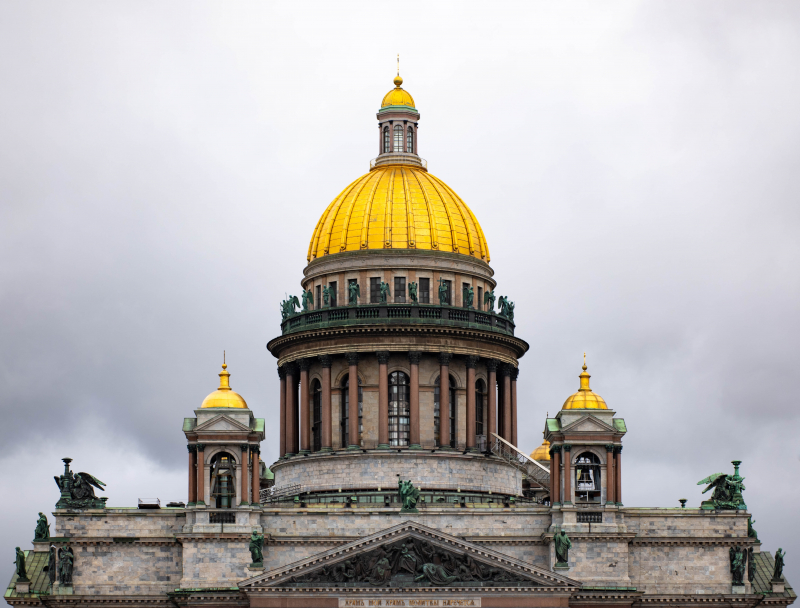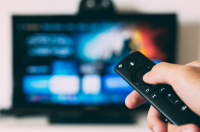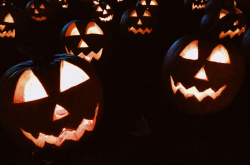Quantum Internet just got closer with quantum memory for photons. Physicists from the University of Basel have developed a memory that can store photons. These quantum particles travel at the speed of light and are thus suitable for high-speed data transfer. The researchers were able to store them in an atomic vapor and read them out again later without altering their quantum mechanical properties too much. This memory technology is simple and fast and it could find application in a future quantum Internet.
Dissolving electronics do the vanishing act. Researchers from the University of Houston and China have reported a new type of electronic device that can be triggered to dissolve through exposure to water molecules in the atmosphere. The work holds promise for eco-friendly disposable personal electronics and biomedical devices that dissolve within the body. There are also defense applications, including devices that can be programmed to dissolve in order to safeguard sensitive information.
“Rubber paint” to prevent scratches on cars. Led by University's School of Mathematics and Physics, an international team of researchers have found superlubricity in a few layers of graphene - a concept where friction vanishes or very nearly vanishes. Their findings reveal that the h-BN layers form the strongest thin insulator available globally and the unique qualities of the material could be used to create flexible and almost unbreakable smart devices, as well as scratch-proof paint for cars.
Texting and driving? AI will get you. Computer algorithms developed by engineering researchers at the University of Waterloo can accurately determine when drivers are texting or engaged in other distracting activities. The system uses cameras and artificial intelligence (AI) to detect hand movements that deviate from normal driving behavior and grades or classifies them in terms of possible safety threats.
Instagram helps tourists find local gems. Programmers from ITMO University created a computer algorithm that allows tourists to find places of interest that are most popular with locals based on their Instagram posts. To test the algorithm, the team analyzed Instagram photos taken in Saint Petersburg and compiled a list of museums, cafes, streets, and event venues preferred by the residents of Russia's northern capital, thus providing local suggestions to tourists.




